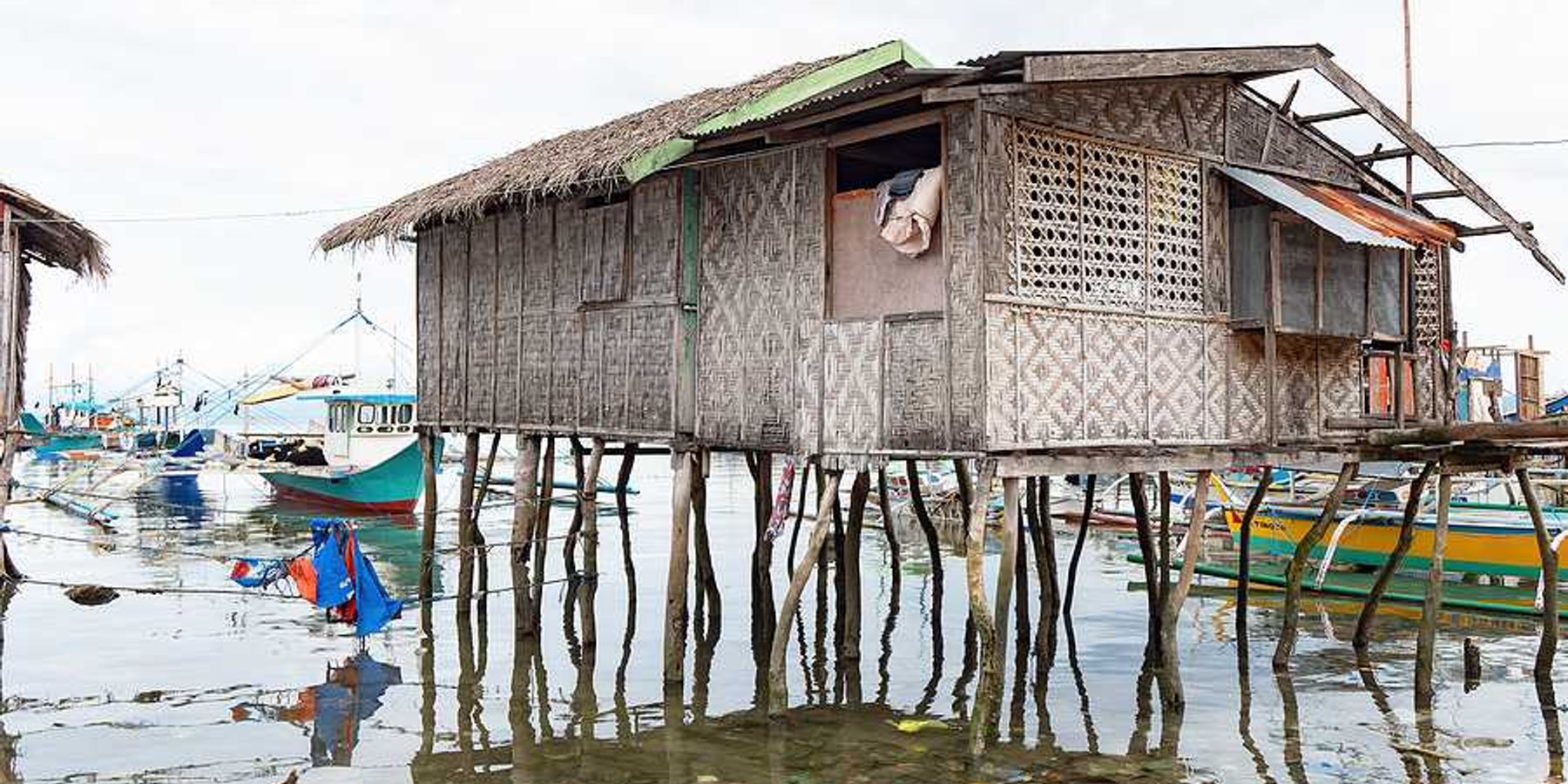crime
Wealthy nations criticized for limiting climate protests despite promoting rights globally
Governments in wealthy countries are clamping down on climate protests with harsh measures, while criticizing similar actions in less developed regions, according to a new report.
In short:
- A report from Climate Rights International shows a rise in crackdowns on climate activists in countries like the U.S., UK and Germany.
- These nations, which promote free speech and protest globally, impose lengthy prison sentences, preemptive arrests and new restrictive laws on their own citizens.
- The report urges governments to view climate activists as allies in the fight against environmental collapse, not as threats.
Key quote:
“Governments should see climate protesters and activists as allies in the fight against climate change, not criminals.”
— Brad Adams, director of Climate Rights International
Why this matters:
Restricting peaceful protests undermines democratic values and discourages action on climate change. These tactics, if unchecked, could set a precedent for authoritarian governments to follow suit.
Related:
Big Oil could face murder charges over extreme-heat deaths
Advocates push for criminal prosecution of fossil fuel companies, citing over 400 heat-related deaths in Arizona.
In short:
- The consumer advocacy nonprofit Public Citizen released a model prosecution memo urging criminal charges against major oil companies for heat-related deaths.
- The memo targets nine companies, arguing their actions contribute to climate change and extreme weather.
- Legal experts say 403 deaths from Maricopa County's heat wave meet criteria for reckless manslaughter or second-degree murder.
Key quote:
"These climate disasters are the specific result of decisions and actions that were made by particular actors (...)These heat deaths might be more than just tragedies, but actually crimes."
— Aaron Regunberg, senior policy counsel, Public Citizen and co-author of the memo.
Why this matters:
Extreme heat waves are becoming deadlier due to climate change driven by fossil fuel emissions. The push for legal action highlights a growing frustration among environmental and health advocates who argue that fossil fuel companies have long known about the impacts of their activities on the climate.
Pipeline project faces tribunal over environmental and Indigenous rights violations
The Mountain Valley Pipeline, now operational, was recently condemned at a "rights of nature" tribunal for infringing on environmental and Indigenous rights.
In short:
- Judges at a North Carolina tribunal deemed the pipeline a violation of nature and Indigenous rights.
- Activists cited environmental harm and lack of consent from local communities.
- The tribunal's findings may be presented to the Global Alliance for the Rights of Nature in New York City this September.
Key quote:
"We are replacing the state because the state is not complying with the rights of nature."
— Natalia Green, global director of the Global Alliance for the Rights of Nature
Why this matters:
The condemnation from the tribunal is a part of a broader movement advocating for the legal recognition of nature's rights. This concept asserts that natural entities, such as rivers, forests, and mountains, should have the right to exist, thrive, and regenerate their vital cycles. Proponents argue that such recognition is crucial for the long-term health of the planet and the communities that depend on these natural resources.
German climate activists face charges for 'forming a criminal organization'
Five members of the German climate group Letzte Generation have been charged with "forming a criminal organization," potentially setting a precedent for criminalizing climate protests.
In short:
- Five activists are charged under section 129 of the German criminal code for actions against oil refineries, an airport, and a museum.
- The activists claim their protests were non-violent and open, arguing that such charges threaten democratic rights to peaceful protest.
- Amnesty International warns that a conviction could criminalize any support for Letzte Generation, escalating the criminalization of climate protests.
Key quote:
“This charge is meant for mafia and organised crime. This charge criminalises every act of support towards the group Letzte Generation. This creates an immense chilling effect on all climate protests in Germany.”
— Mirjam Herrmann, Letzte Generation activist
Why this matters:
The charges against Letzte Generation could deter future climate activism by equating non-violent protest with organized crime. This could undermine democratic freedoms of speech and assembly, setting a troubling legal precedent.
Quebec man pleads guilty to what he accused the government of: Starting wildfires
A Quebec resident who last summer had shared conspiracy theories online suggesting that the Canadian government was deliberately starting wildfires to convince people climate change is happening has now pleaded guilty to setting more than a dozen fires.
How this climate activist justifies political violence
“The reason that people contemplate escalation is that there are no risk-free options left,” says the author of "How to Blow Up a Pipeline."









